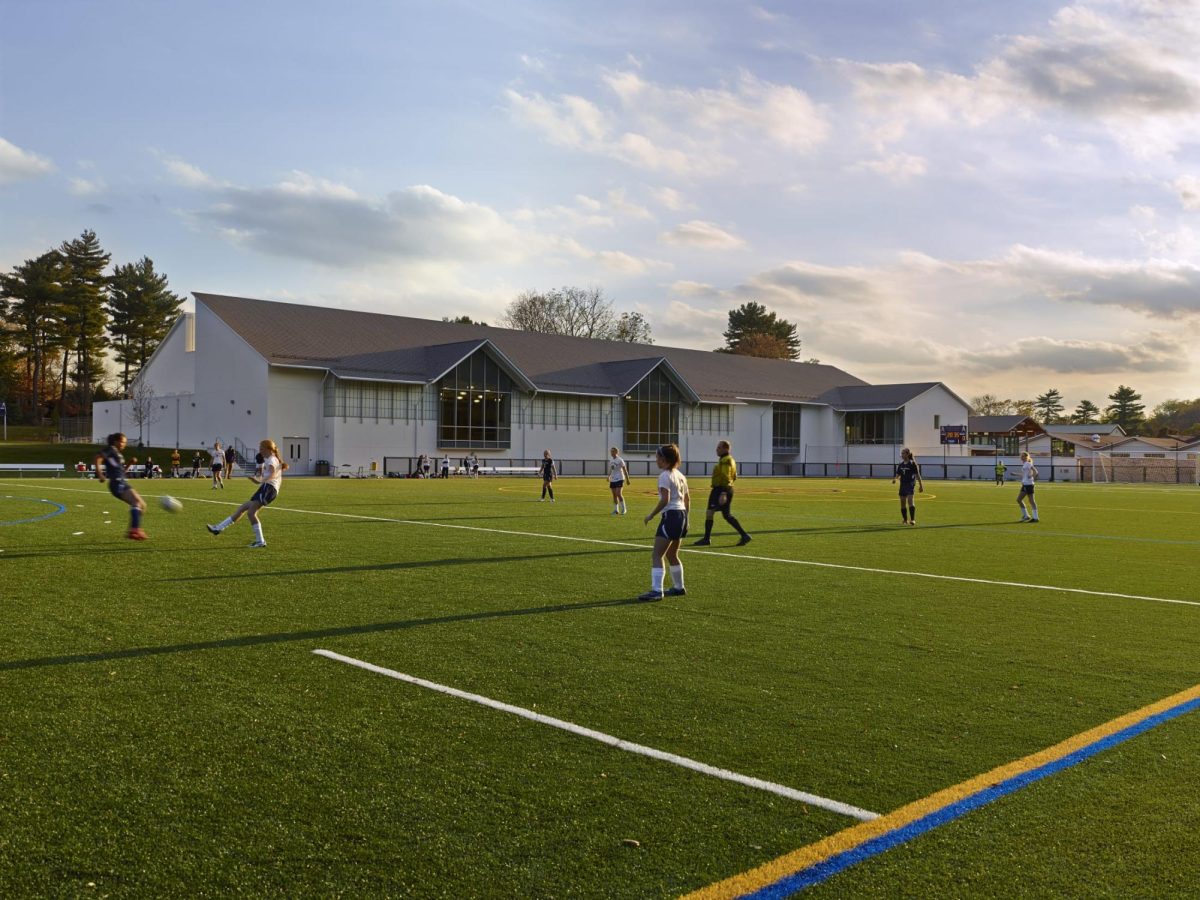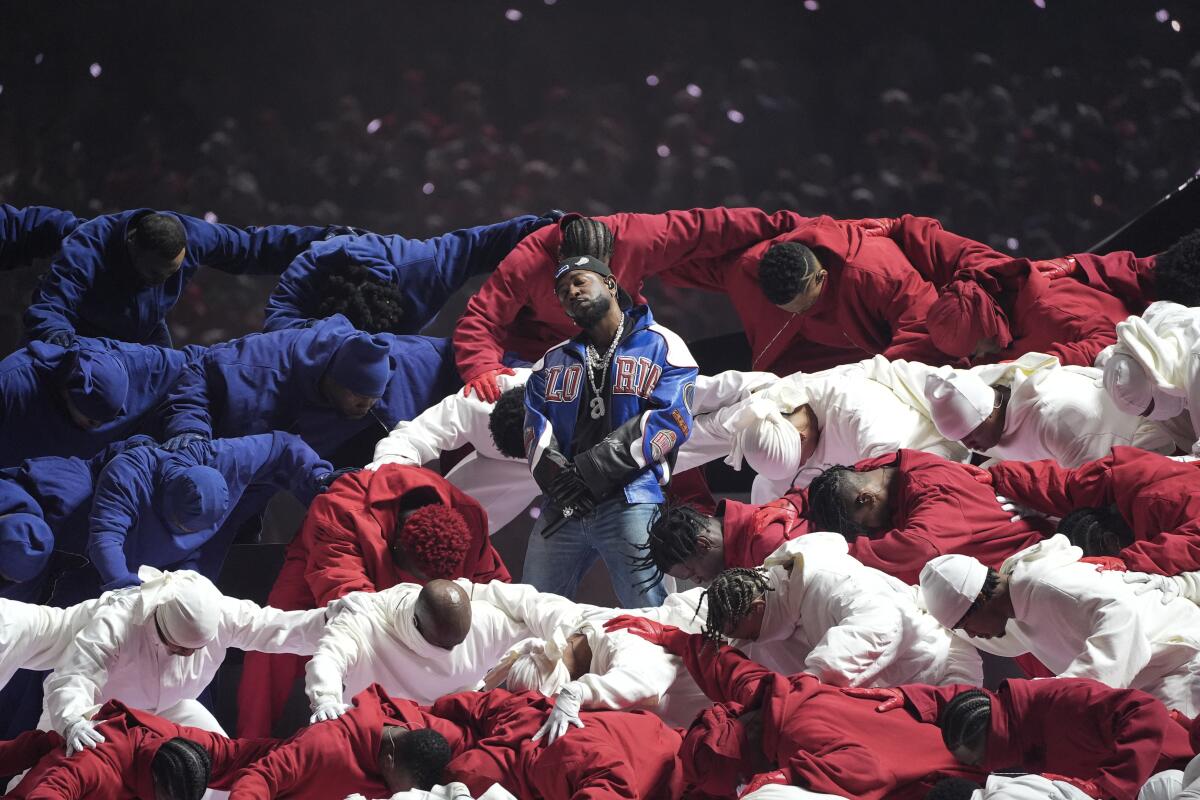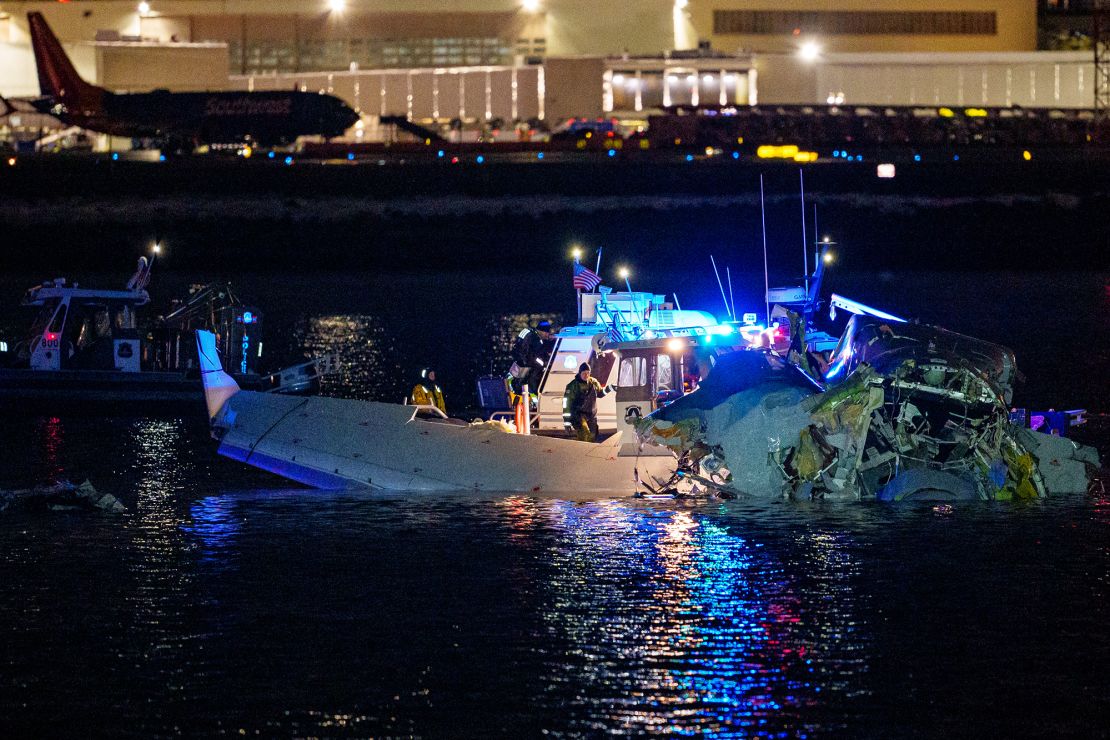Two earthquakes of enormous proportions struck the Middle East on the morning of February 6th, 2023. Each earthquake had a magnitude of around 7.0, making the quakes two of the deadliest natural disasters of the past century. In a televised speech, the president of Turkey, Recep Tayyip Erdogan, described the event as “one of the greatest natural disasters not only in [Turkey] but in the history of humanity.”
At the time of this article’s publication, the death toll of the earthquakes in Turkey and Syria has surpassed 41,000. Two brothers, ages seventeen and twenty-one, three young women, and two children were among the nine survivors pulled from the rubble on Valentine’s Day after having spent over 200 hours trapped.
The rescue period of earthquake recovery has almost come to a close according to the UN. Refugees of the disaster continue to suffer as the focus shifts towards restoration of shelter, replenishing food supplies and rehabilitating school systems. The World Health Organization’s European Director, Hans Henri P. Kluge, expressed the urgent and continuous need for humanitarian aid, stating that the demand for help with recovery is “increasing by the hour” and that “some 26 million people across both countries” require assistance.
Here at Agnes Irwin, history teachers have interrupted their planned coursework to touch on the current situation. 11th grade Honors US History teacher Ms. Nickols described her experience discussing this disaster with her students. She said that “probably two people in each of [her] classes of fifteen or sixteen kids had heard of it.” It seems many Agnes Irwin students are unaware of current events in the Middle East, while for others, the frequent disasters are impossible to ignore. Ms. Nickols went on to state that she thinks “it’s just…not coming up on our students’ feeds for whatever reason”—unfortunately, when an event is not plastered on a brightly-colored infographic in every Instagram story one taps on, it is unlikely that many young people will even find out about it, let alone take the time to do independent research and truly understand the calamity.
Additionally, Ms. Nickols described how before beginning her discussions of the quakes, she showed an image of the rubble and asked students if they knew what had happened. Most students’ “ideas about what had happened were, ‘Oh, a bomb went off! Oh, a war’s going off!’ which also speaks to the dissonance between how our students see the Middle East and the reality of the situation.”
It is undeniable that the Western media’s portrayal of the Middle East, both in the news and in fiction, causes the public to tend to see the region as a perpetually chaotic war zone. However, Agnes Irwin claims to work towards a more inclusive and accepting student body. Students being uninformed about “one of the greatest natural disasters in the history of humanity” is a serious lapse, and may indicate that our school has failed to foster an informed student body. A reason for that lack of care may come from bias towards people in the Middle East. As such, students should unlearn their biased mindsets about certain foreign nations and ethnic groups as well as avoid a tendency to partake in activism only to its most performative degree. The discomfort that comes with confronting bigotry is challenging to face. Examine your own internalized beliefs. Remember that internal biases are something that one must constantly unlearn. Most importantly, donate to aid in Turkish and Syrian recovery.










